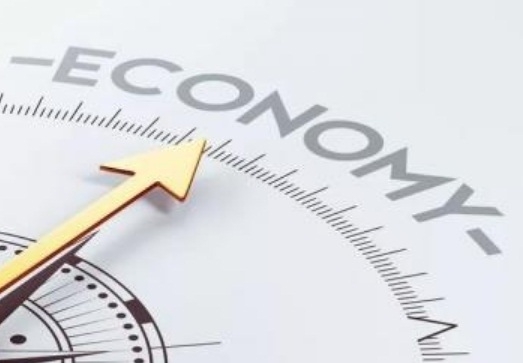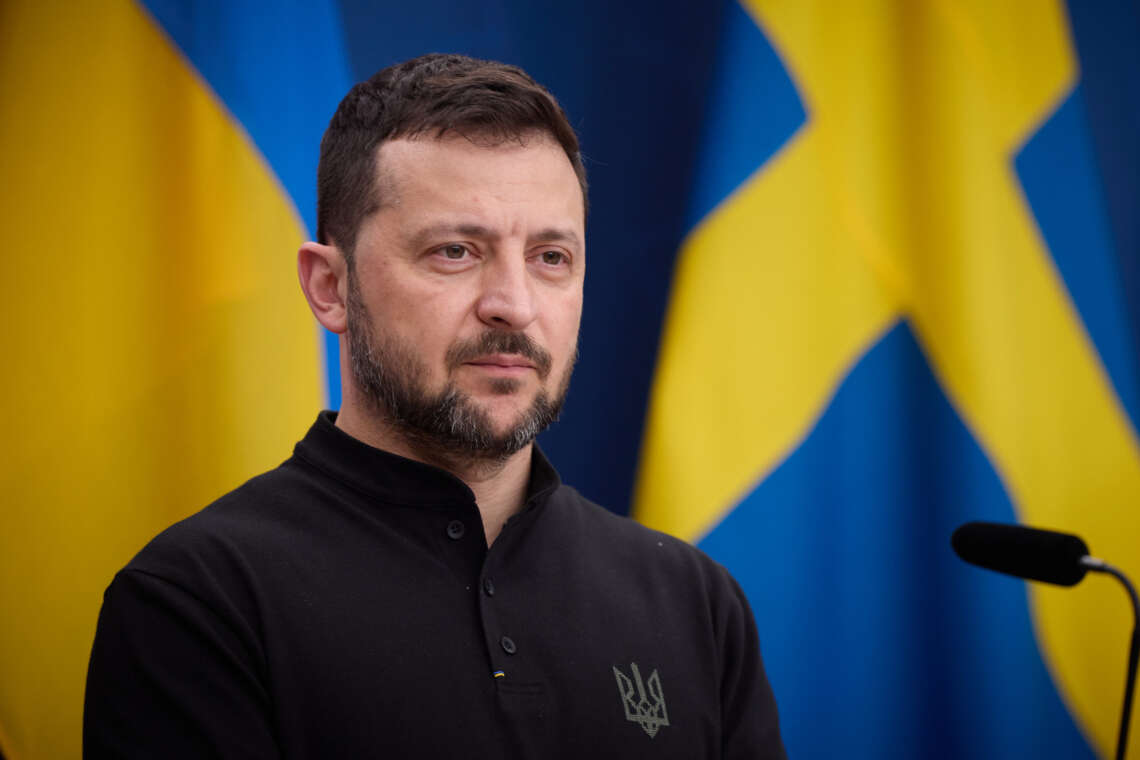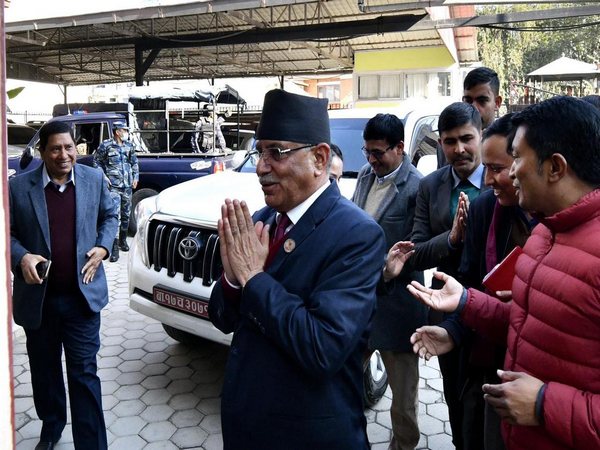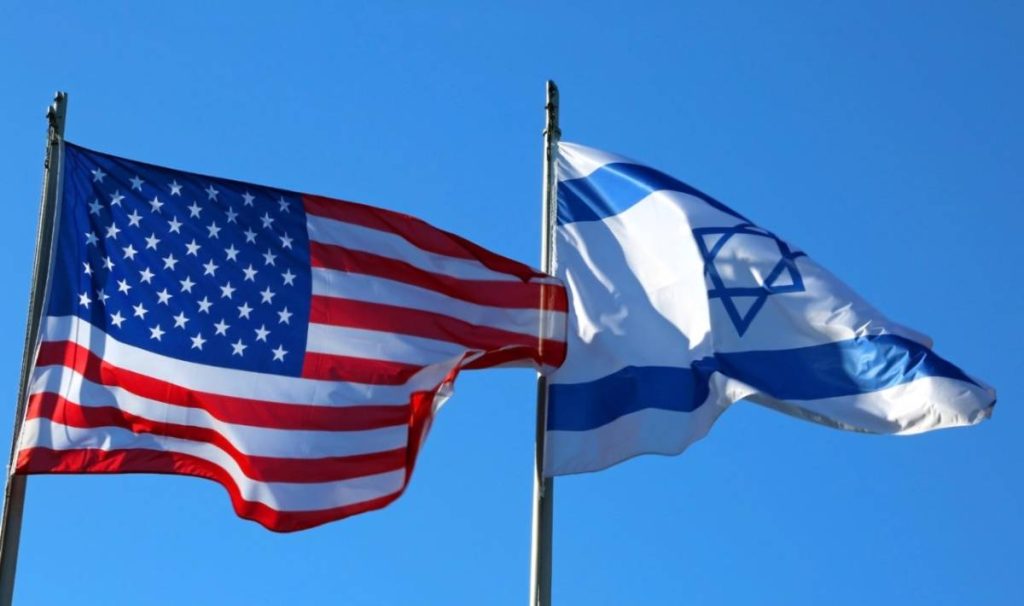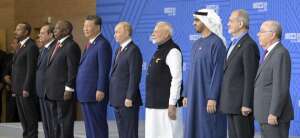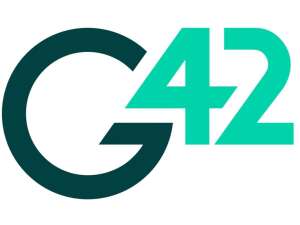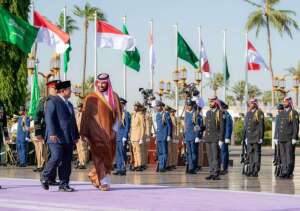The surge in global energy prices since the invasion has pushed inflation across advanced economies to its highest levels in decades…reports Asian Lite News
Russia’s invasion of Ukraine sent shockwaves through the global economy and now, a year on from the start of the attack, the world is fundamentally changed, the media reported.
Trends that were already in motion have accelerated, as the need to move away from fossil fuels to greener, renewable energy supplies became more urgent, The Guardian reported.
Food prices have soared, increasing hunger in the developing world, and forcing governments, businesses and people to adapt to lasting shifts, The Guardian reported.
The surge in global energy prices since the invasion has pushed inflation across advanced economies to its highest levels in decades, squeezing household incomes and weighing on economic growth.
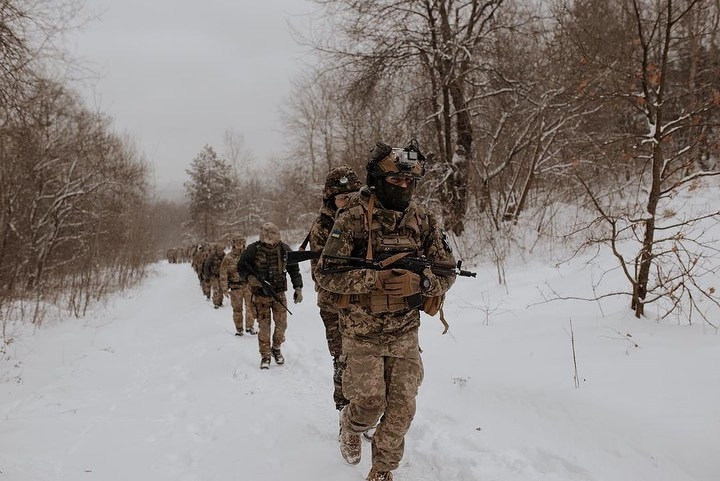
The inflation surge led central banks to increase interest rates, which drove up borrowing costs for households and businesses. Mortgage costs in the UK and several other nations have risen sharply, stoking fears of a property crash.
Economists expect inflation to cool rapidly over the coming months, as the initial surge in energy prices drops out of the calculation for the annual increase in rising living costs. However, gas and electricity prices remain much higher than before the invasion, The Guardian reported.
Russia and Ukraine are, respectively, the world’s largest and fifth-largest exporters of wheat, accounting for almost a third of global exports. They are also significant producers of fertilisers and other essential commodities. As war disrupts these supplies, food prices have rocketed to unprecedented levels, The Guardian reported.
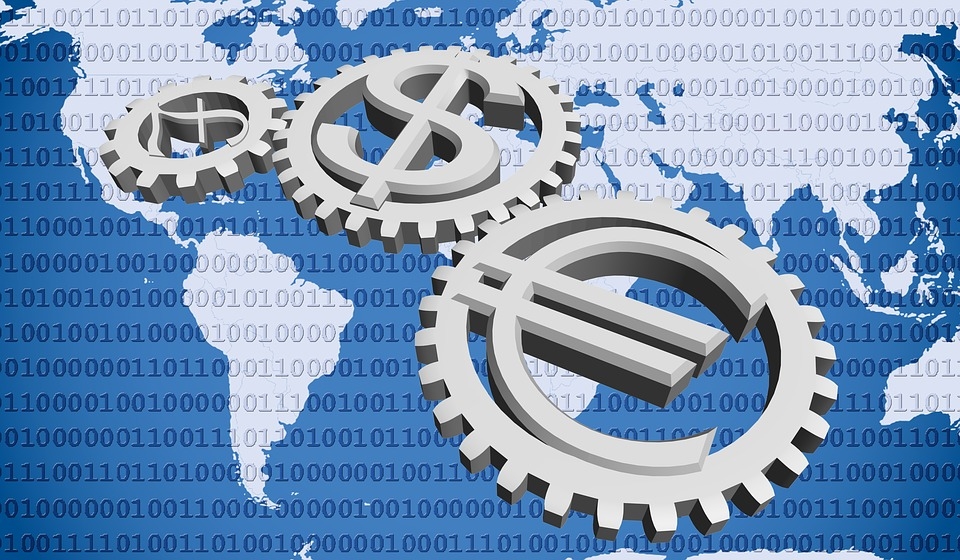
While this has posed challenges globally, developing nations that are net food importers are particularly exposed. Countries in north Africa and the Middle East are among the biggest buyers of Russian and Ukrainian wheat.
But these poorer countries are facing a double whammy. Moves by the US Federal Reserve to raise interest rates in response to soaring inflation has pushed up the value of the dollar, making it more expensive for developing countries to import goods and borrow money on global markets denominated in the US currency.
International trade was already fragmenting before the Russian invasion, but the trend has been accelerated in the past year amid rising geopolitical tensions and concern over supply chain security. After the disruption caused by Covid, and with an eye on the conflict and shifting global relations, companies have pushed to reshore or “friendshore” production, bringing it closer to home, The Guardian reported.
Ian Stewart, chief economist in the UK at accountancy firm Deloitte, said: “The lure of cheap raw materials from Russia is spurring sanctions avoidance on a previously unseen scale. Russian oil shunned by the EU has found ready customers in China, India and Turkey,” The Guardian reported.

